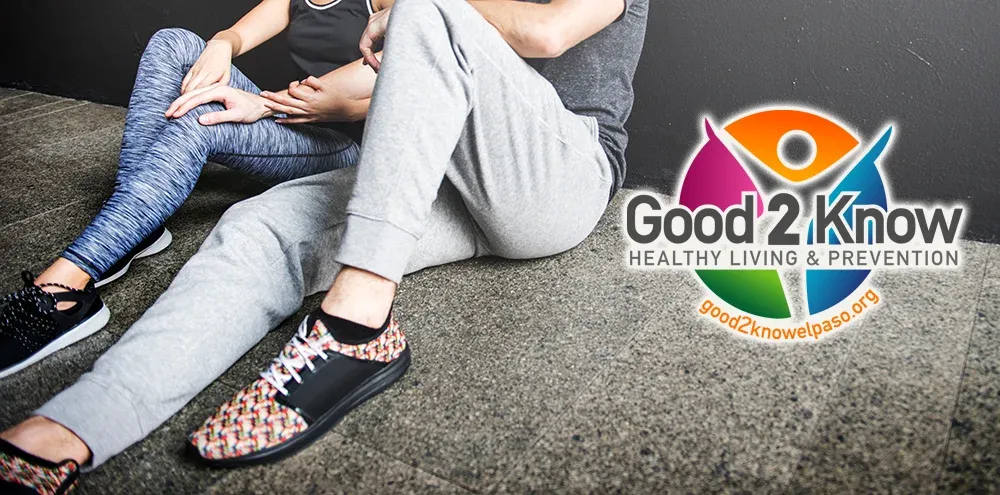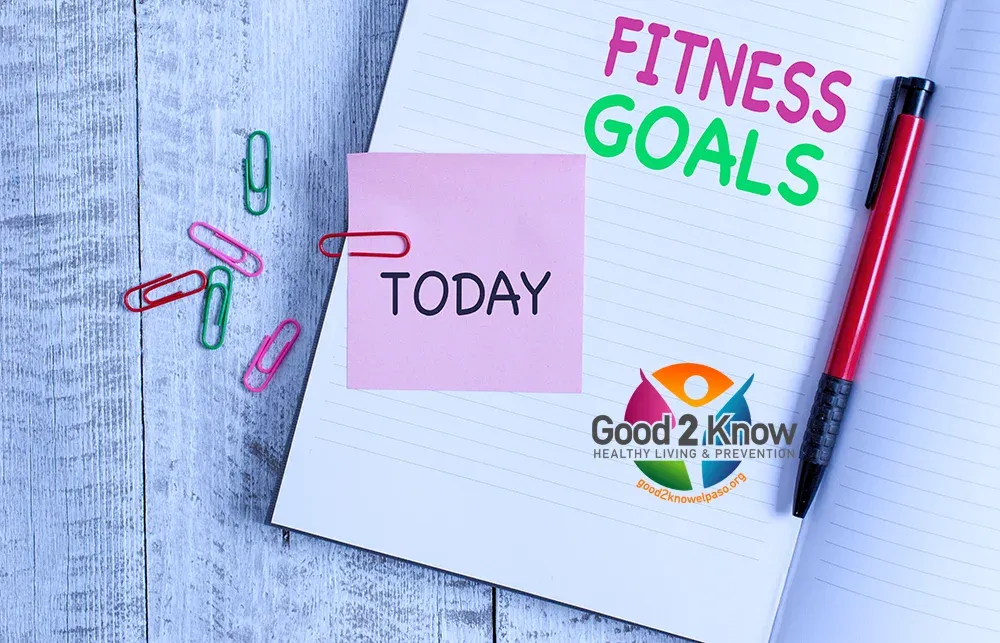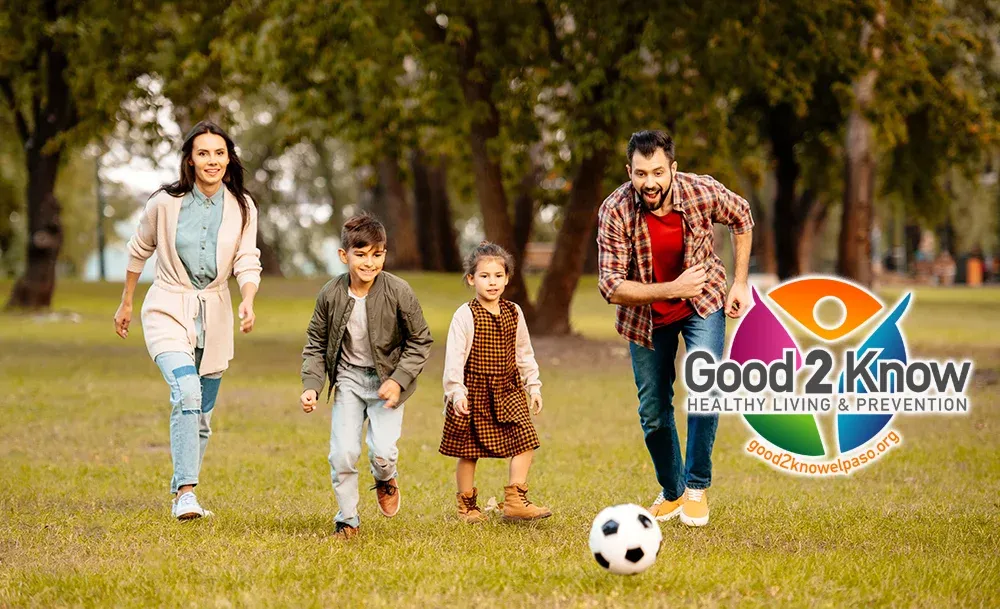Taking a short, 10- to 15-minute walk after Thanksgiving dinner is a great way to improve digestion, lower blood sugar, and prevent that post-meal grogginess. A gentle stroll helps your muscles use glucose from the meal, which can also help reduce the strain on your pancreas.
Benefits of a post-Thanksgiving Walk
• Aids digestion: Moving your body helps move food through your digestive system, which can prevent bloat and discomfort.
• Lowers blood sugar: A walk helps your muscles absorb glucose from the bloodstream, which helps manage the blood sugar spike from a large, carbohydrate-rich meal.
• Reduces grogginess: The physical activity can improve circulation and energy levels, preventing the "food coma" that often follows a heavy meal.
• Promotes better sleep: A walk can help regulate your body and contribute to a more restful night's sleep.
Tips for your walk
• Wait a bit: To avoid feeling nauseous, wait about 40 minutes after finishing your meal before you head out.
• Keep it gentle: A slow to moderate pace is perfect. You don't need to do an intense workout.
• Consider the family: Make it a group activity to bond with loved ones. It can be a new tradition to start together.
• Don't be afraid of the weather: Even if it's chilly, bundling up and getting some fresh air can be refreshing after being inside.
11.23: WEDNESDAY
How to avoid over-eating this Thanksgiving (but still enjoy it!)
Unless your Joey from 'Friends,' who wore his elastic pants to the Thanksgiving dinner table, you will feel better if you limit overeating as the holidays kick off into full gear. Here are some tips to help:
• Eat slowly: Take small bites and chew thoroughly to give your brain time to register fullness, which can take about 20 minutes.
• Be a mindful eater: Don't just eat because it's there. Focus on the foods you truly enjoy and savor each bite to get the most satisfaction from them.
• Stay hydrated: Drink plenty of water throughout the day and before your meal to help you feel fuller.
• Control your portions: Start with a smaller plate and fill it with a balanced mix of protein and vegetables. You can always go back for more, but taking smaller initial portions helps prevent overeating right away.
• Limit high-calorie drinks: Choose water over alcohol or sugary beverages, as calories from drinks can add up quickly.
• Eat a balanced meal beforehand: Don't skip meals to "save calories," as this can lead to overeating later. Have a healthy breakfast to keep you from being overly hungry at dinner.
• Stay active: Get up and move around. Help with cleanup, go for a walk before or after the meal, or play games with family to stay busy and burn energy.
• Take your time before dessert: Give yourself a break between the main meal and dessert. This gives your body time to fully digest and recognize fullness











